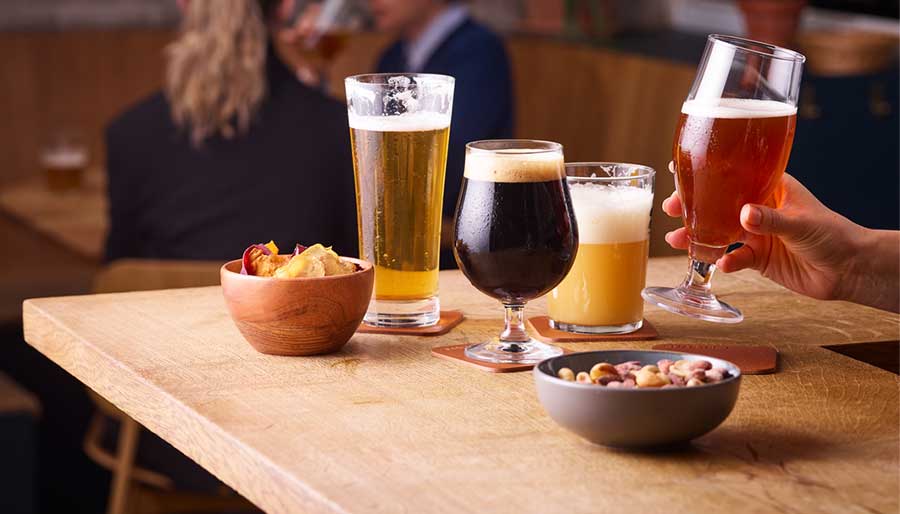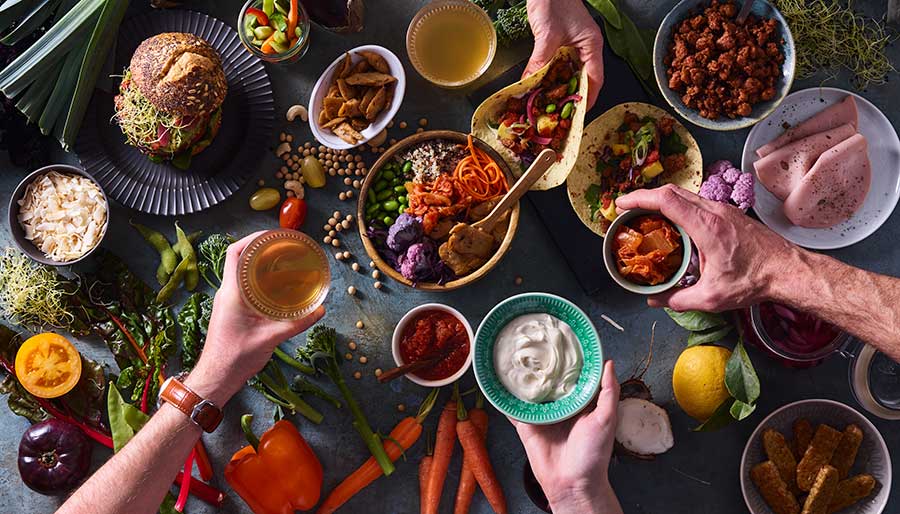One of the most hyped techniques in modern cooking
Long before mankind discovered electricity and invented the refrigerator fermentation evolved from a basic need – to keep food from spoiling and preserve it for a longer time. So even though there is a lot of buzz around fermentation these days there is nothing new about it. Our ancestors have been doing it for centuries, and they even mastered the art of fermentation long before they knew how it worked or the fascinating science behind it.
Fermentation simply preserves food, including milk, meats, wine, beer, fruits and vegetables, while also destroying naturally accruing toxins and this helps to keep products safe. Just think about it, yogurt lasts much longer than fresh milk and salami much longer than fresh meat. But there are even more benefits to reap from fermentation – delicate tastes and a healthy digestion to mention a few – and those are probably the reasons why fermentation has been put on a pedestal by famous chefs and food scientists.



